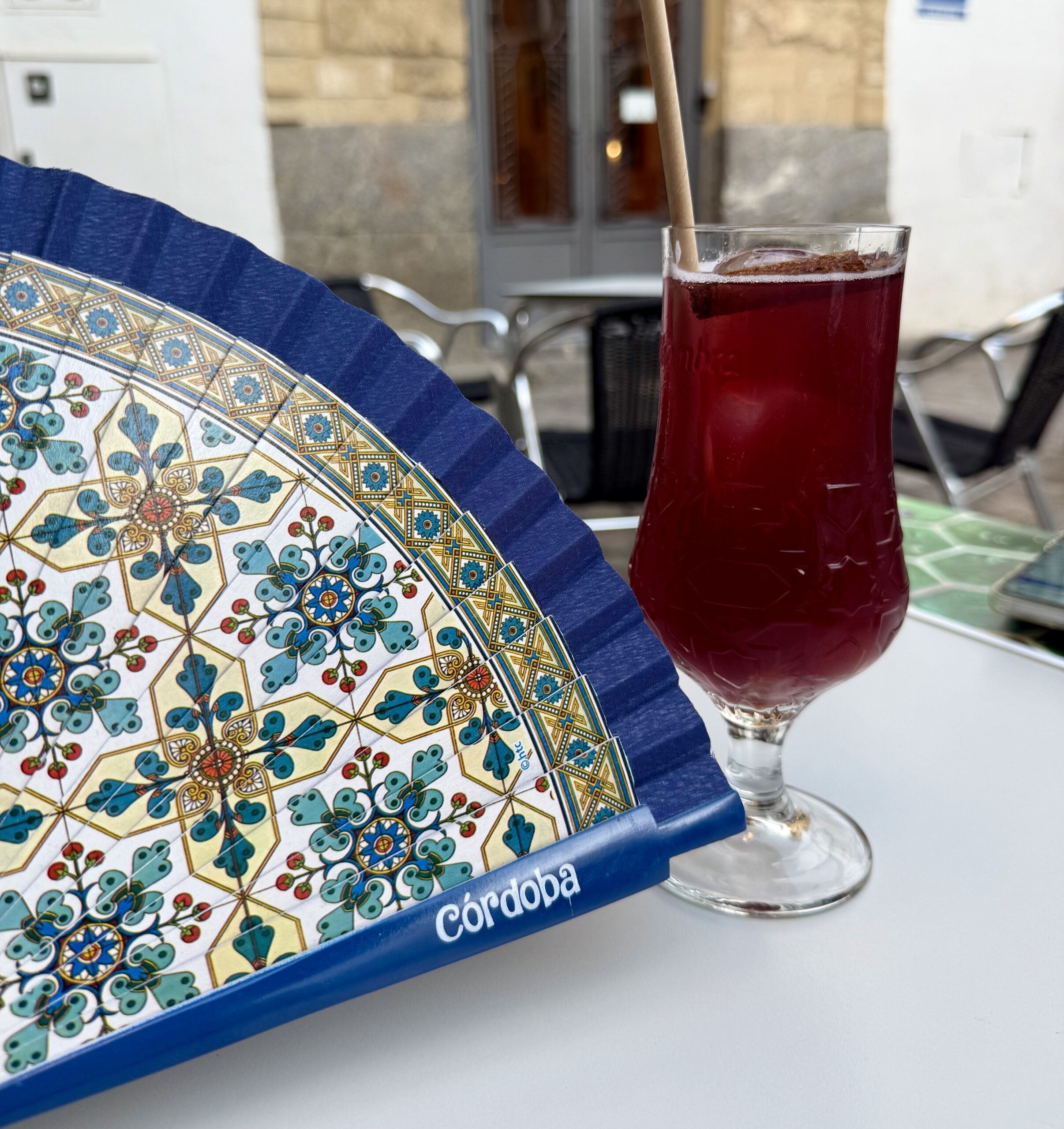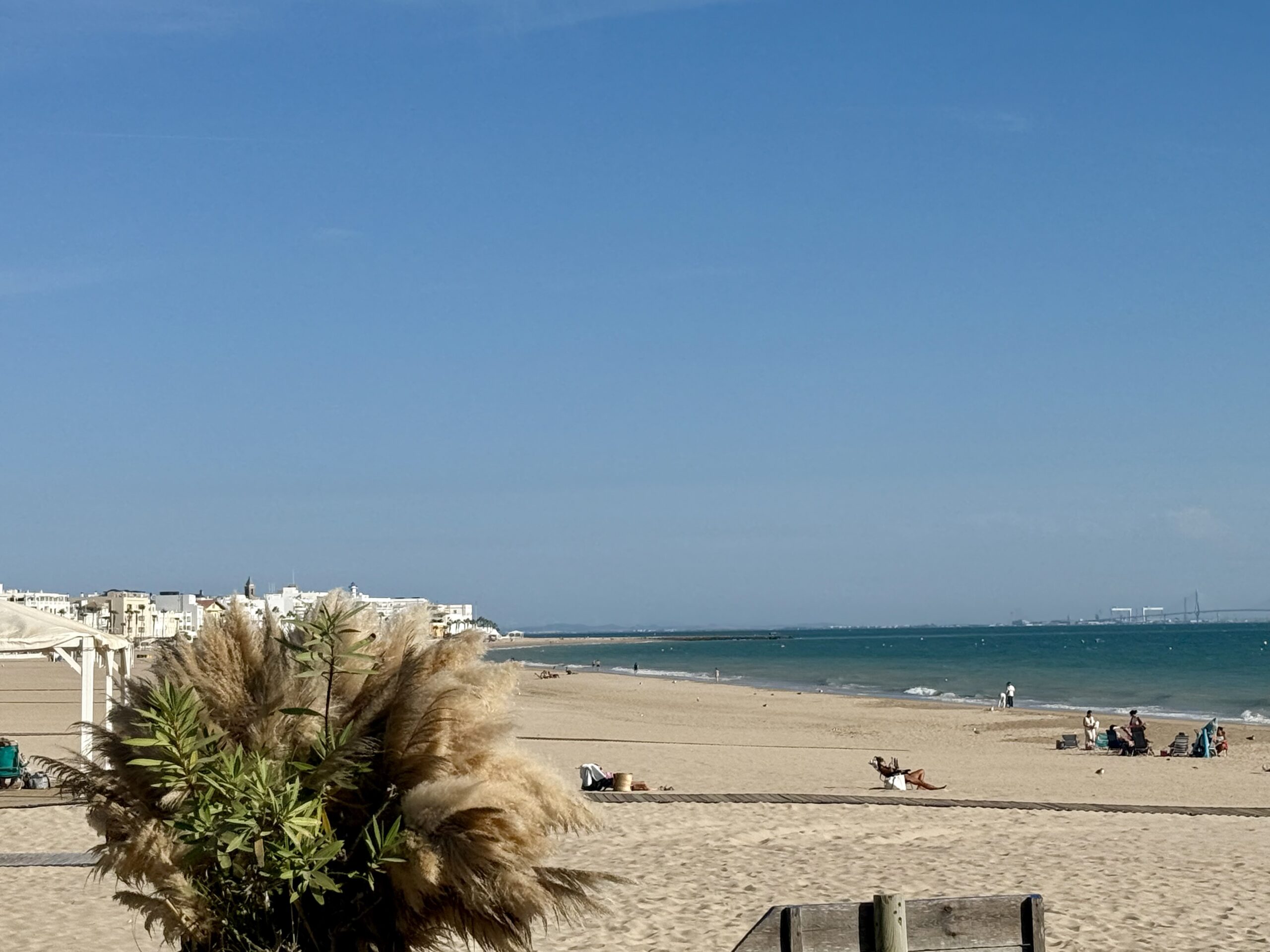
Dignity in the time of coronavirus
April 2, 2020
I look at the coronavirus as an easily transmittable form of a serious lung disease. It may start as a flu, but it heads straight for the respiratory system. When that happens, it’s deadlier than any flu you’ve ever had. While not being tracked officially, a report in Physician’s Weekly suggests the mortality rate for coronavirus patients needing a ventilator is somewhere north of 50%. Maybe way north, up to 70%. Think tuberculosis before the cure. I want no part of risking getting this “flu.”
“From bagging groceries, stocking shelves, collecting shopping carts, to preparing take out orders and delivering goods to our doorsteps, these workers are adding a clear and present health risk to the everyday economic struggle of trying to make it on $10 or $11 an hour.”
Yet our healthcare workers are taking just that risk every time they show up for their shift. They are true heroes and heroines. Nevertheless, this is what they signed up for. They accept, if not embrace, the D-Day landing aspect of their jobs now. But there is another front line force that has stepped up, perhaps involuntarily, and who are facing a level of risk without the pay level or aura of heroism attached to hospital workers. Any low wage worker employed in an industry deemed “essential” in this crisis is now someone also deserving of our admiration and recognition even if they’re not donning a hospital gown.
I hope, as well, there’s a surge in pride among those workers for the job they are doing. From bagging groceries, stocking shelves, collecting shopping carts, to preparing take out orders and delivering goods to our doorsteps, these workers are adding a clear and present health risk to the everyday economic struggle of trying to make it on $10 or $11 an hour.
And I hope those of us who have come to depend on these workers staying healthy and showing up for work continue to recognize that after all this is over, we’ll still look upon these workers with the dignity and respect they deserve for the jobs they do.
Then there are those low wage workers whose businesses are deemed not essential, and are now out of work. Their wages kept them in a rut; now they’ve been pushed off a cliff. Millions will not be helped or helped sufficiently by current federal assistance. They’ll fall further behind, even as those who continue to work at minimum wage will continue to fail to catch up.
Coronavirus will sicken and kill, but there is perhaps hope it might also enlighten. It might teach us something about how our healthcare must save lives and not money, but I also hope we will learn something about the dignity of work at any level of employment.
I’ve thought back on the times I’ve been short with a retail clerk or looked down on someone doing a minimum wage job. I hope the shame I feel sticks with me, and that I never behave like that again. (Probably not, but it will still make a good New Year’s resolution or something to do for Lent.)
What George Orwell wrote at the end of Down And Out In Paris and London, a memoir of his time at the bottom rungs of the economic ladder, comes inspiringly back to mind:
“Still I can point to one or two things I have definitely learned by being hard up. I shall never again think that all tramps are drunken scoundrels, nor expect a beggar to be grateful when I give him a penny, nor be surprised if men out of work lack energy…”



Be the first to comment